ACT is officially a climate fascist party
No. Way.
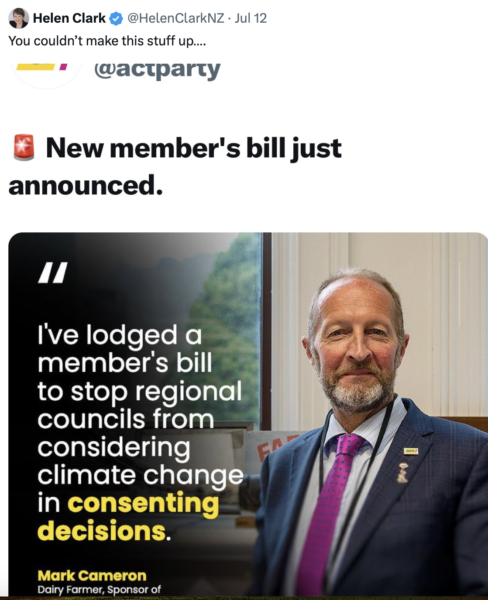
When Helen Clark is burning you on Twitter, it’s over.
ACT are climate fascists and by attempting to stop Councils from considering the melting planet when they are making consenting decisions is the most insane far right free market hate as social policy that NZ has seen in 40 years!
For the love of Christ you stupid sleepy hobbits, climate change is. to only horrifyingly real, it represents an existential crisis that demands immediate and radical adaptation, what ACT are attempting to do here is force blindfolds on every Council so they are not allowed to see this…
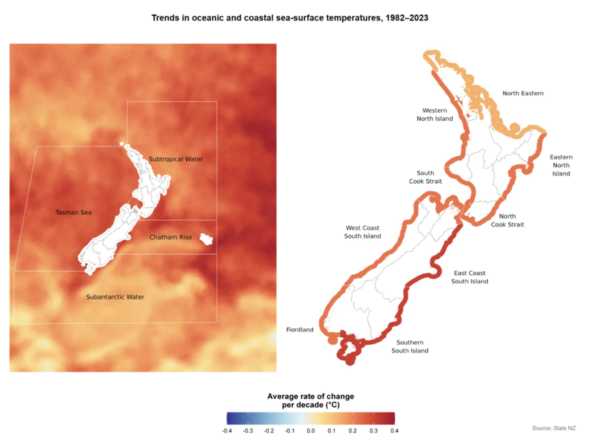
…so they are not allowed to see this…
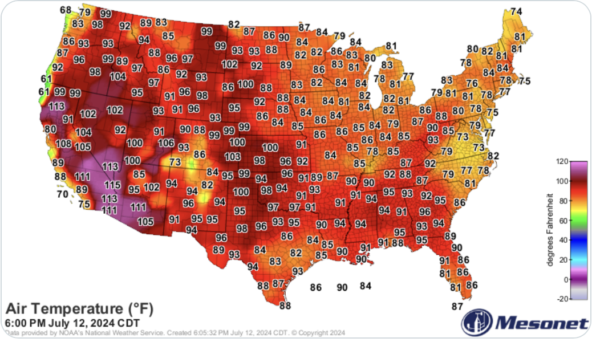
…or this…
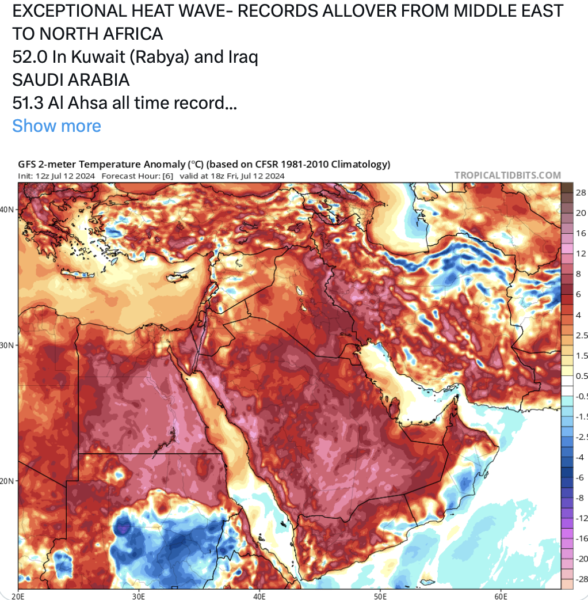
…National’s attempt to gloss over the fact they are making climate change far more dangerous was beneath the Nation’s mana…
Opposition MPs have slammed the Government’s climate change strategy, released today, arguing Climate Change Minister Simon Watts has essentially published a “pamphlet” on climate change to disguise the fact most of the Government’s actions have done little to reduce emissions and many will increase emissions.
The three-page strategy was released the same day the Ministry of Business, Innovation and Employment (MBIE) published 49 pages of advice on the Government’s decision to reverse the offshore oil and gas exploration ban, which showed the impact of reversing the ban will be an additional 51 million tonnes of CO2 equivalent emissions pumped into the atmosphere in the years to 2050.
For comparison, in the years 2026 to 2030 New Zealand’s net annual emissions are meant to be about 61 megatonnes a year.
Labour’s climate change spokeswoman Megan Woods argued the Government appeared to be getting in ahead of the Climate Change Commission delivering its “monitoring report” – a semi-regular assessment of the Government’s progress towards its multiple climate goals. That report is due to be handed to Watts next week and will be made public no more than 10 days after that.
The Green Party’s climate change spokeswoman Chlöe Swarbrick described the three-page strategy as a “pamphlet” of “pretty pictures” and “some bullet points” that was disconnected from reality.
She noted the irony the Government released the strategy the day the oil and gas ban advice was released.
“Maybe they’ve been embarrassed into releasing this,” Swarbrick said.
Swarbrick said it was rich of Watts to cite market functioning in the plan, given that the Government had only added to uncertainty around the way the ETS functioned. Watts said earlier this year he was not planning any “major or significant” reforms of the ETS, but was “looking at doing some policy changes in regard to where trees can be planted”.
…even though Farmer’s are being warned our international clients are prepared to pay higher prices for environmental products…
ETS exemption: Farmers warned customers’ ‘voices getting louder’ for action
Farmers have been told if they snooze when it comes to reducing emissions they’ll lose.
Rabobank chief executive Todd Charteris made the comments at the Primary Industries Summit in Wellington on Tuesday morning.
The rural lender has just released a new paper titled Maintaining Our Emissions Edge, aimed at helping New Zealand’s 50,000 farmers and the wider agri-sector with the transition to producing more food with a smaller emissions footprint.
Charteris said while the government has removed agriculture from the Emissions Trading Scheme and got rid of the group working to price on farm emissions global customers still want products with a lower footprint.
…the truth is our entire Dairy industry is built upon basic bitch milk powder to China.
Dairy is an albatross around our neck that strangles off economic investment into anything else and only expands their political muscle at the expense of the rest of our interests.
Triggered Farmers are behaving like triggered white males the first time they go on twitter.
And that’s tough.
Farmers have lived their entire lives in NZ being worshipped and coddled and loved and told they are the soul of NZ. Imagine then going onto twitter and being bombarded by everyone else who thinks you aren’t special.
Farmers are feeling sad, there’s a lot of crying over spilt milk.
Let me see if I can get this completely straight.
After a history of land confiscations to provide land for farms, after decades upon decades upon decades of stealing and polluting water and after having 49% of our hydro assets sold off to create a $400million irrigation slush fund to empower intensive dairy, the Farmers are sad sad that they are now being required to be responsible custodians of the land?
Boo hoo.
Let’s not forget that Governments have spinelessly bent over backwards and allowed mass immigration slave labour to prop up the agricultural industry again, and yet Farmers continue to bitch because the rest of us is sick of their power and undeserved economic and political dominance, especially when synthetic meat and milk have made their product a sunset industry.
Look, I grew up on a farm, I am very wedded to my early memories and respect how hard it is, but these Farmers aren’t feeding us, they are feeding the 45million other people overseas and we get the scraps.
I have no problem respecting those who provide the food to feed me, but their interest isn’t in feeding us, it’s feeding their exporters!
Why should we be forced to pay the same price as the Chinese Middle Class can afford?
The Chinese Middle Class is forecast to grow to 787 million!
Why are we paying a price that is imposed upon us by a middle class market that is many times larger than our total population?
Why can’t we eat the harvest of our own nation?
The Biggest Lie in NZ Politics is that NZ Dairy is the cleanest and greenest in the world when the reality is that it’s a cherry picked nonsense that leaves out pollution so NZ Dairy can get to the numbers to pretend to be clean and green.
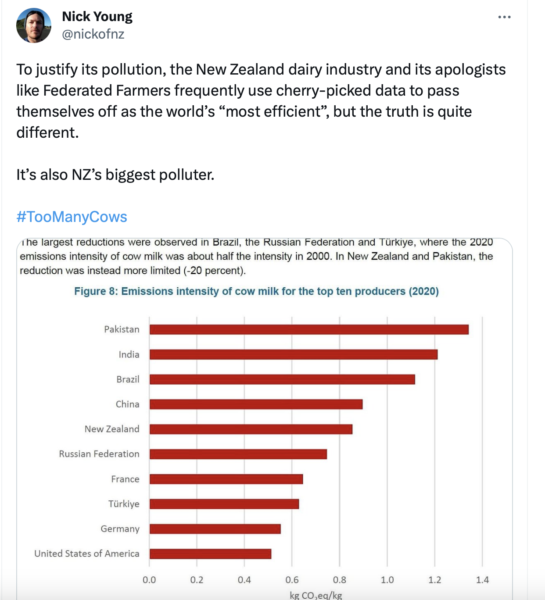
Russel Norman’s take down of this Dairy propaganda on The AM Show recently was just ruthless…
“NZ is the biggest seller of a simple commodity called dried milk powder, the cheapest of the cheap, and if you look at what is happening in food production around the world they are looking for more environmentally sound food products.
They are looking for higher value products.
We’ve gone down the pathway of the lowest quality commodity you can produce in the world.
NZ is mid range in terms of its environmental cost per kilogram of milk solids, there is nothing special about it, and we do feed a small number of people compared to the billions on the planet and the economics is very clear that you can be just as profitable if you pull back on the stock rate, pull back on the amount of fertiliser and actually produce a higher product.
Organics is in fact doing incredibly well globally, so why don’t we become a producer of dairy rather than the producer of the cheapest commodity on the planet which results in us trashing our water ways and being big climate producers, that’s a better pathway isn’t it?
…he’s so right!
We always ignore that the 40million number is based on us selling milk powder as a base line ingredient filler for the manufactured food industry. The PR spin pretends it’s wholesome NZ cheese and milk and meat those 40million are eating when the truth is the vast majority of what we export is basic bitch milk powder used as a filler ingredient!
The Climate Crisis was some event we feared at the end of the century, what we are seeing is an unleashing of heat events well beyond what we feared.
Farmers have been conned by National into intensive farming and now have nothing but a bloated debt bubble to show for it.
There is just no plan to adapt to this new reality when it should be the driving force to begin immediate and radical adaptation for what is coming.
We have no comprehension of what is coming and we are simply not prepared for the age of consequences.
Watching National, ACT and Corporate Farmers use their economic and political muscle to avoid responsibility for what comes next can only be resolved by civil unrest and a campaign of civil disobedience against those interests.
Just consider how the Corporate Farming Lobby have managed to avoid any tax on their pollution since mid 2004!
They have pushed and pushed and pushed it off for 20 years!
National have already promised ANOTHER 5 year extension which will mean the agricultural industry have managed to stop any tax on their pollution for quarter of a century!!!!!!!!!!!!!!!!!!!!!!
Claiming that NZs emissions mean nothing in comparison to China and India isn’t a justification to do nothing, it’s an acknowledgement that radical adaptation is the only move left because those Goliath economies have already doomed us to a dangerous climate change future!
The economic research tells us that our economic future is not more dairy and cheap exports to China and the environmental research tells us we are running out of time…
How climate change will make your life more expensive
The impacts of climate change extend beyond the environment – global warming is also hitting people in their wallets.
From rising insurance premiums to increased energy bills and grocery prices, the economic impacts are wide-ranging. The financial burden of climate change also has the potential to infiltrate our finances in other, more subtle ways.
Here’s how the warming planet could significantly drive up day-to-day costs.
Rising premiums and insurance retreat
Insurance premiums reflect risk and climate change is changing that risk, says Professor Ilan Noy, Chair in the Economics of Disasters and Climate Change at Victoria University of Wellington.
“If the risk is increasing, then the price of insurance is increasing,” he said.
House insurance prices have already begun to climb following the Auckland Anniversary weekend floods and Cyclone Gabrielle last year.
“Those floods were much worse than anything we had ever experienced before in New Zealand, so those led to a reassessment of the risk not only by the insurers, but also by their reinsurers.”
Reinsurers are companies that provide insurance to insurance companies. They help insurance companies manage risk by taking on some of the financial burden when there are extreme events.
“Reinsurance is going to be much more expensive … and insurance companies are transmitting that extra cost to customers in higher [premiums],” Noy said.
Insurance retreat — where companies reduce or withdraw their coverage from certain areas because it’s become too expensive or risky to insure them — is also a threat for parts of the country. Some homeowners are already experiencing that problemfollowing last year’s flooding events.
“Companies may say ‘we don’t want to insure this house at all’ or ‘we’ll insure you, but just not for flooding,’” Noy said.
If you can’t insure your home, and you have a mortgage on that home, Noy said that is technically a default on your mortgage.
“The bank can call back the loan if they want,” Noy said. “They haven’t done that in New Zealand, but they can.
“[The bank could] tell you that you have to pay back [the loan], which means you have to sell the house, for most people. Now you’re selling the house in a market where you can’t insure it, which means that no one who needs a loan to buy the house is going to be able to buy it. So, you will only look at selling to people who can pay cash, which is a much smaller number of people, and therefore the price is going to go down.”
This might make homes much cheaper to buy for people otherwise struggling to afford one, Noy said, but those homes would not be insured, making them a high-risk investment.
Food for thought
Climate change can also push up food costs via extreme weather events, changing growing conditions, and increasing droughts. Supply chain disruptions and higher production costs are also linked to climate change and can drive up food prices.
The world has already seen these effects, such as the spike in olive oil prices this year following droughts and extreme heat in the world’s biggest exporter of olive oil, Spain.
It’s hard to clearly say climate change has caused food prices to go up, says David Hall, Climate Policy Director at Toha Network.
This is because food prices are dependent on local factors as well.
“But, as we say in the business, climate change is a risk multiplier,” Hall said. “It multiplies these risks and makes these sorts of integrated shocks more likely to happen.”
Very few industries, if any, will be left untouched by climate change in New Zealand, Hall said, including the vast agricultural and forestry sectors the country currently relies on.
“These [industries] are well known to be highly exposed to climate-related impacts or physical risks of climate change,” he said.
“The greater frequency and intensity of extreme weather events, whether we’re talking about extreme rainstorms on the one hand or prolonged droughts and wildfires on the other hand, these are both highly impactful for agriculture and forestry.
“Depending on how bad climate change gets, some of that adaptation that will be required from agriculture and forestry could potentially be quite disruptive. It may be the case that certain crops that grew in one part of the country no longer grow in those places anymore.”
The flipside to that, Hall said, is that some crops might grow in a place that they didn’t used to.
“But mostly this is around disruption of things that used to work in one place and no longer necessarily work as well.”
The energy equation
Energy prices have also gone up and will continue to go up due to the ongoing impacts of climate change, Noy said.
“It’s not a sustainable equilibrium, where we’re just digging up energy from the ground [coal, oil, gas] and burning it … so energy is going to be more costly – that’s inevitable,” he said.
“Everything else uses energy, so everything is going to become more expensive in some ways, and some things more than others.”
Energy costs mean driving a car powered by fossil fuels will become much more expensive.
While more people should be using public transport, Noy said, some people simply don’t have that option.
“If you live in a more remote area that has no efficient public transportation, you have to use a car,” he said.
This is another example of the costs of climate change not being shared evenly, Noy said.
“There are very significant inequities in the way those costs are distributed. There isn’t a generic experience with climate change. It’s already unequal with some people getting harmed in multiple ways, much more than others.”
There is an opportunity side to the energy equation though, Hall said.
“A lot of what we need to do for climate action will actually put us in a better economic position,” he said.
“Investment in energy transition [from fossil fuels to electrification] means we would end up with an energy system that costs us all less; we won’t need to spend as much money on energy as we [currently] do in our daily household bills.”
…to allow ACT to stop all Councils from considering global warming as our country gets smashed by catastrophic climate change storms is a special kind of mental illness.
ACT are climate fascists and at some point Kiwis you are going to have to have a long hard look in the mirror over the monster you have elected.

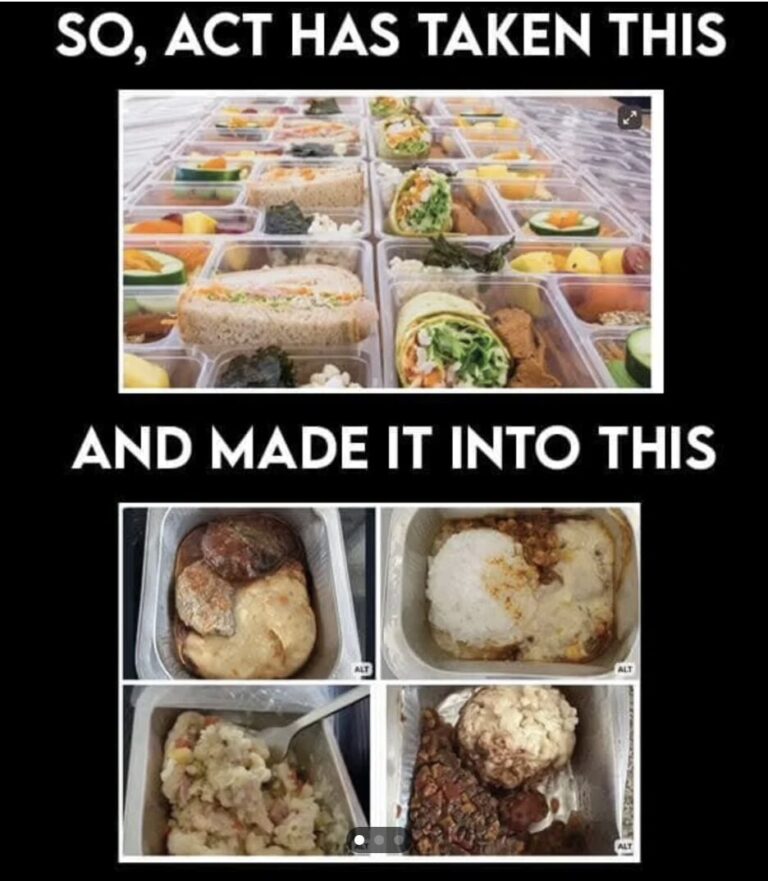
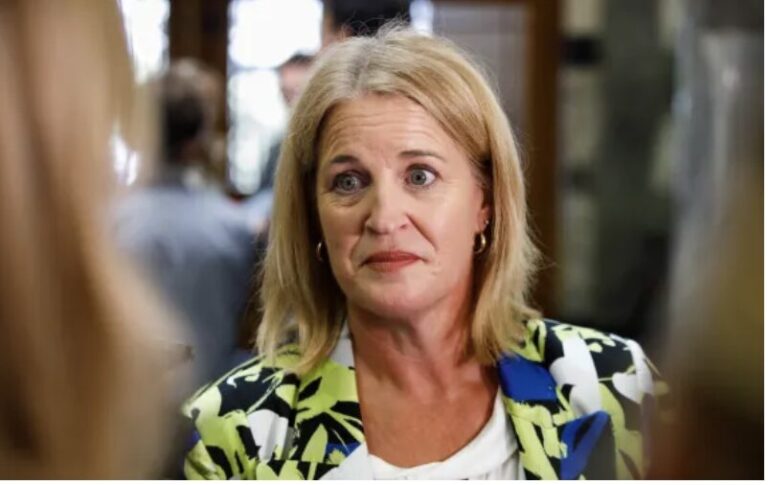

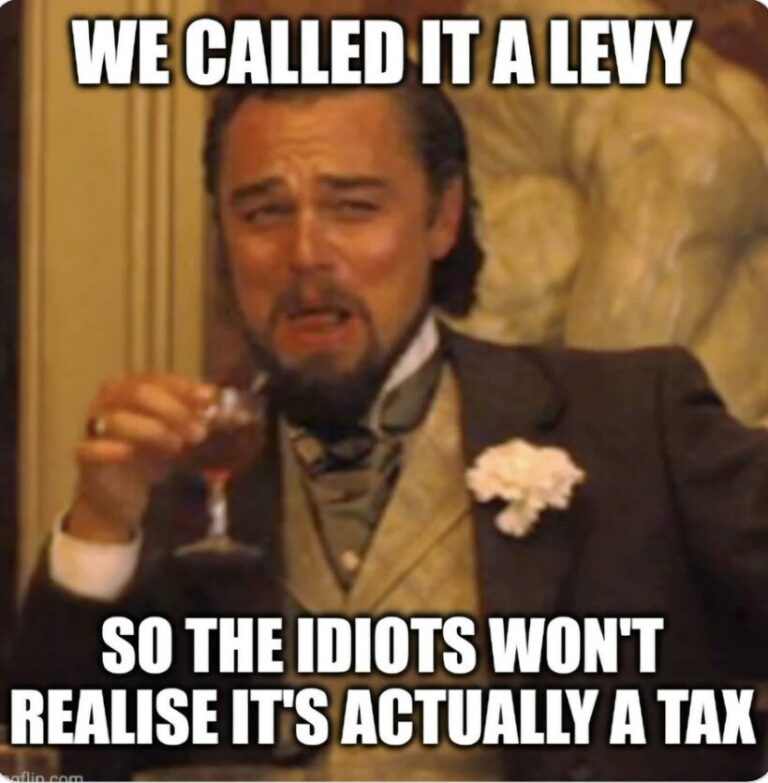
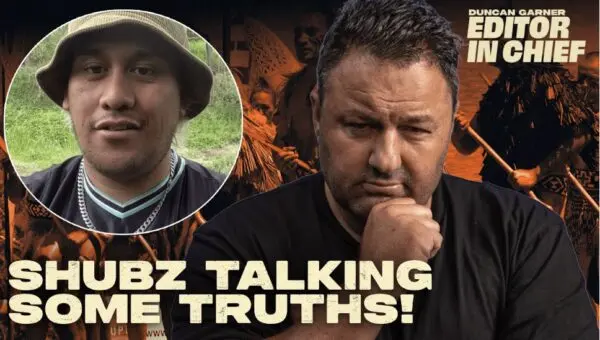

I get sick of the idiots on these sites that keep saying we dont make as much polution as china .What a stupid thing to say you muppets as we are 5 million to their billions .On a per person basis we are way worse than china as you all will know but along with the tin hatters and rabbit warren dwellers you keep deniging .
Time for kiwis to grow the fuck up and take some responsability.
If we get our shit together NZ could make a lot of coin selling tech and expertise to the world at the same time we could save billions a year on not buying fossil fuel .
I get sick of the idiots on these sites that keep saying we dont make as much polution as china .What a stupid thing to say you muppets as we are 5 million to their billions .On a per person basis we are way worse than china as you all will know but along with the tin hatters and rabbit warren dwellers you keep deniging .
Time for kiwis to grow the fuck up and take some responsability.
If we get our shit together NZ could make a lot of coin selling tech and expertise to the world at the same time we could save billions a year on not buying fossil fuel .
Record high july temp here yesterday and the local farmers are happy as .But come summer they will be wanting taxpayer hand outs so they can continue to send their kids to boarding school while the country burns around them .Act only got 8% of the vote but can control what the 92% do .Luxon should have cut them loose and teamed up with the greens .
ACT made their climate change denialism crystal clear twenty years ago with Rodney Hyde outrightly labeling it a hoax in parliament.
Maybe if the Greens cared more about the environment & Labour cared more about the well-being of ordinary people than taking guns off the law-abiding, we wouldn’t have ACT where they are.
Oh those poor gun owners, not being able to go round shooting people.
There’s no evidence of the Arms Act changes having any positive impact. Psychopathic zionist mass murderers like Brenton Tarrant aren’t inspired to commit their crimes because they own firearms. They’re inspired by previous mass shooters who committed similar crimes, like Baruch Goldstein, and groups that promote hatred, like the Israel Institute of New Zealand.
You may wish to look up the meaning of “law-abiding”, since you don’t seem to understand the concept.
all criminals were law-abiding citizens until they weren’t – this is one of the lamest gun nut meme’s of them all. up there with guns designed to kill people, don’t kill people.
Greens and Labour both have policies that demonstrate they care more about what you claim they should care about. So what are you on about?
Proft > environment,.
No wonder Damien Grant loves them. The drivel he wrote in his latest piece on Stuff, even said Simeon Brown is doing a great job. You have to be f’ing joking